How to Successfully Digitalize Your Business
Key Stages of Successful Business Process Digitalization – How Docloop Digitalizes Your Business
Digitalizing business processes has become essential for companies that want to operate faster, more efficiently, and with fewer errors. Instead of paper documents, emails, and manual task tracking, organizations are adopting digital tools that automate processes and provide full control over documents and workflows.
Docloop is a modern, locally developed platform that enables companies to easily digitalize and improve their business processes. Below, we outline the key stages of digitalization and explain how Docloop supports each step.
1. Analysis of Existing Business Processes
The first step in digitalization is understanding how processes currently function. In practice, this often involves:
excessive paperwork
documents circulating via email
unclear responsibilities
time lost on approvals
Docloop enables the mapping and centralization of business processes and documentation, making it clear:
who is responsible for each step
where a document is at any given moment
how long each process takes
This allows bottlenecks and unnecessary steps to be identified quickly.
2. Defining Digitalization Goals
Digitalization has no value unless clear objectives are defined. The most common goals companies aim to achieve include:
faster document approvals
improved process control and visibility
reduced errors and operational costs
easier internal communication
Docloop helps digitalize processes exactly where they deliver the greatest value—without unnecessary complexity or redundant features.
3. Choosing the Right Tool – Docloop as a Central Solution
Instead of using multiple disconnected tools, Docloop brings together:
document management
digital approval workflows
business process automation
real-time status tracking
and much more
Docloop easily adapts to existing ways of working and does not require radical organizational changes.
4. Employee Adoption and Simple Training
One of the biggest challenges in digitalization is employee resistance to change. That’s why Docloop:
offers a simple and intuitive interface
requires no technical background
enables employees to quickly recognize everyday benefits
provides dedicated technical support and consultants available for any questions or concerns
When employees see that the system saves time and simplifies their work, digital adoption happens naturally.
5. Gradual Implementation of Digital Processes
Digitalization does not have to happen all at once. Best practice is to:
start with simpler processes
test solutions in real-life scenarios
gradually expand implementation across the organization
Docloop enables phased adoption without business disruption or operational risk.
6. Performance Tracking and Continuous Improvement
Digital processes make it possible to measure what was previously invisible:
process duration
number of bottlenecks
employee workload
team efficiency
Docloop provides clear insights into company operations, enabling continuous improvement and agile business optimization.
If you would like to improve your business operations, reduce costs, and accelerate processes, you can schedule a free consultation today at prodaja@docloop.rs.

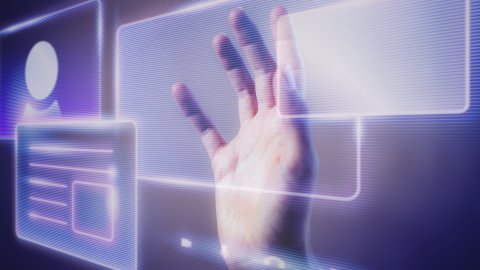

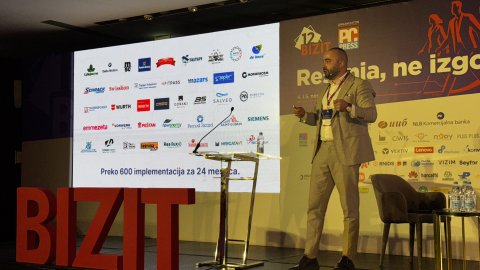
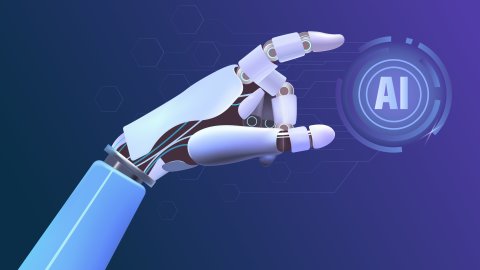


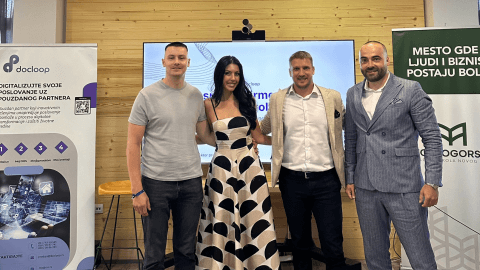
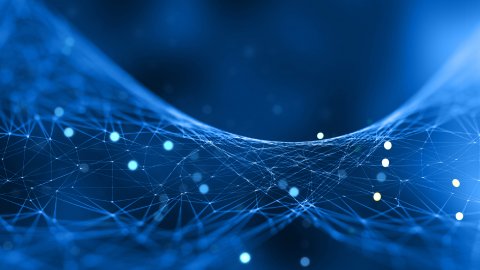



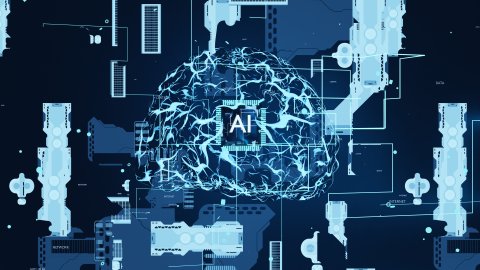



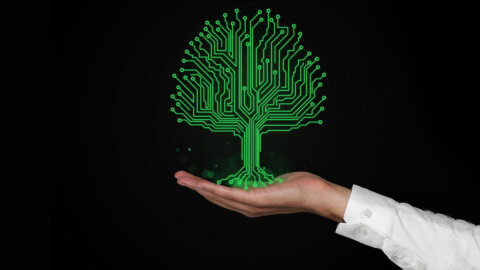

Comments